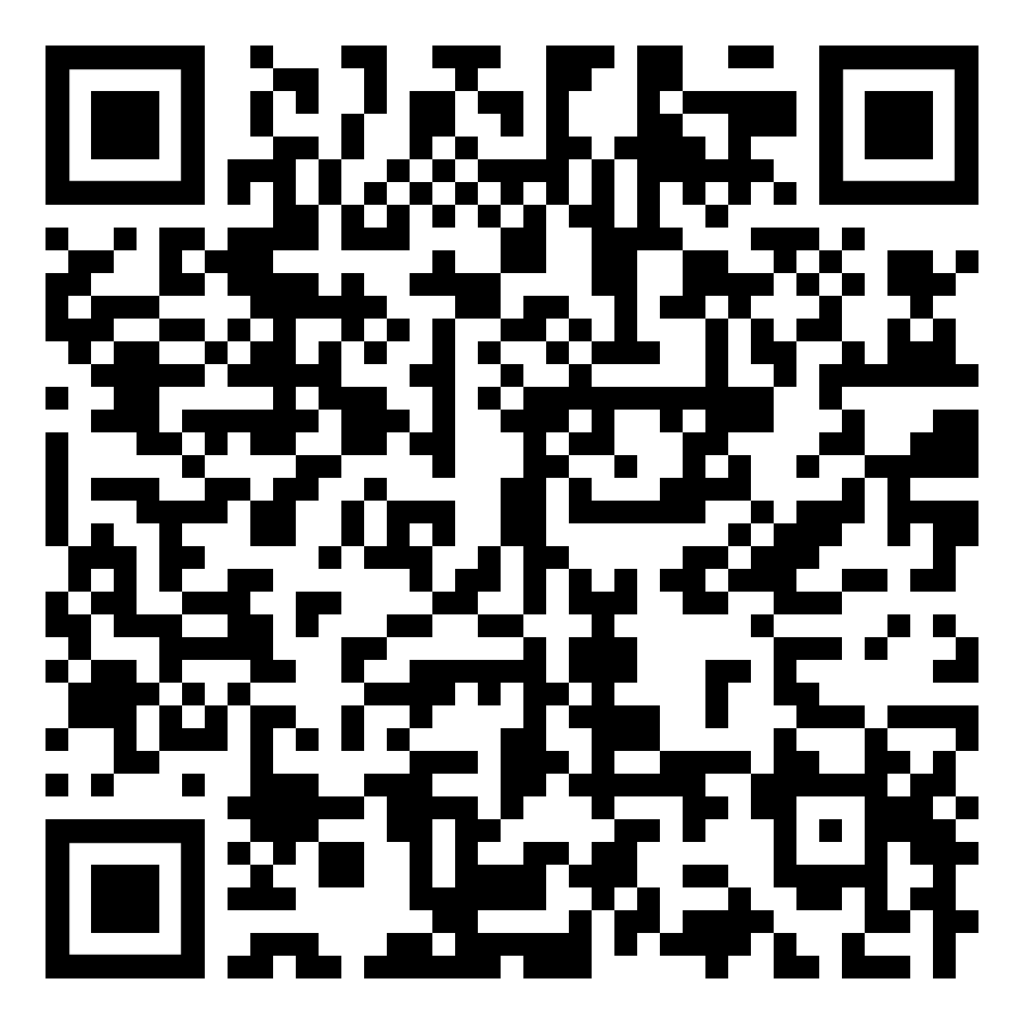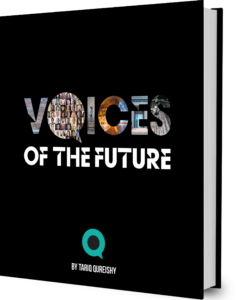Innovation, purpose, and sustainability intertwine to sketch the silhouette of tomorrow. Erik Anderson – a distinguished entrepreneur and executive renowned for his leadership across various sectors – stands at the vanguard, a guiding light illuminating the path to a future replete with promise and potential. His story of purpose-driven leadership unravels a profound message for the future, etched in the annals of business and social progress.
Erik, founder and CEO of WestRiver Group, stands at the forefront of global innovation and philanthropy. His career is distinguished by numerous honors, including the Ernst & Young Entrepreneur of the Year, among other prestigious recognitions. Erik is acclaimed in the golf industry through his pivotal leadership roles at Topgolf Callaway Brands Corporation, an investor and critical leader at several decarbonization companies, including hydrogen fuel cell company Hyzon, and developer of solid-power battery technologies Solid Power. He is also the CEO and Chairman of Singularity Group. Erik also founded America’s Foundation for Chess, reaching nearly 160,000 U.S. children with its innovative curriculum, and contributed over a decade to the Board of Play Magnus, championed by Magnus Carlsen. His diverse impact spans several industries, supported by a solid background in strategic roles at Avista Corp, Frazier Healthcare Partners, and Goldman, Sachs & Co., and underpinned by his engineering degrees from Stanford and Claremont McKenna College, the latter earned cum laude.

Erik’s journey is not merely about capital or leadership; it’s a testament to the transformative power of caring. “I was raised by a nurse,” he shares, a simple yet profound admission that lays the foundation for his ethos. “Growing up with a nurse as a parent, I learned the importance of care in all aspects of life. This upbringing influences me to prioritize care and stewardship in everything I do, from my work with various companies like Colossal Bioscience to creating meaningful and impactful experiences. It’s about consistently applying a caring approach, which I believe is crucial for responsibly managing the opportunities I’m given. Caring is the core principle I aim to incorporate into my endeavors.” This intrinsic value of caring, instilled from an early age, has been the compass guiding Erik through the labyrinth of global innovation.
I am deeply convinced that qualities like care, empathy, humanity, and compassion enrich our lives, standing as treasures that defy digitization. I envision a future where these essential, undigitizable aspects shape our businesses and environments, reflecting the core of the human essence. Yet, I question the practicality of this ideal.
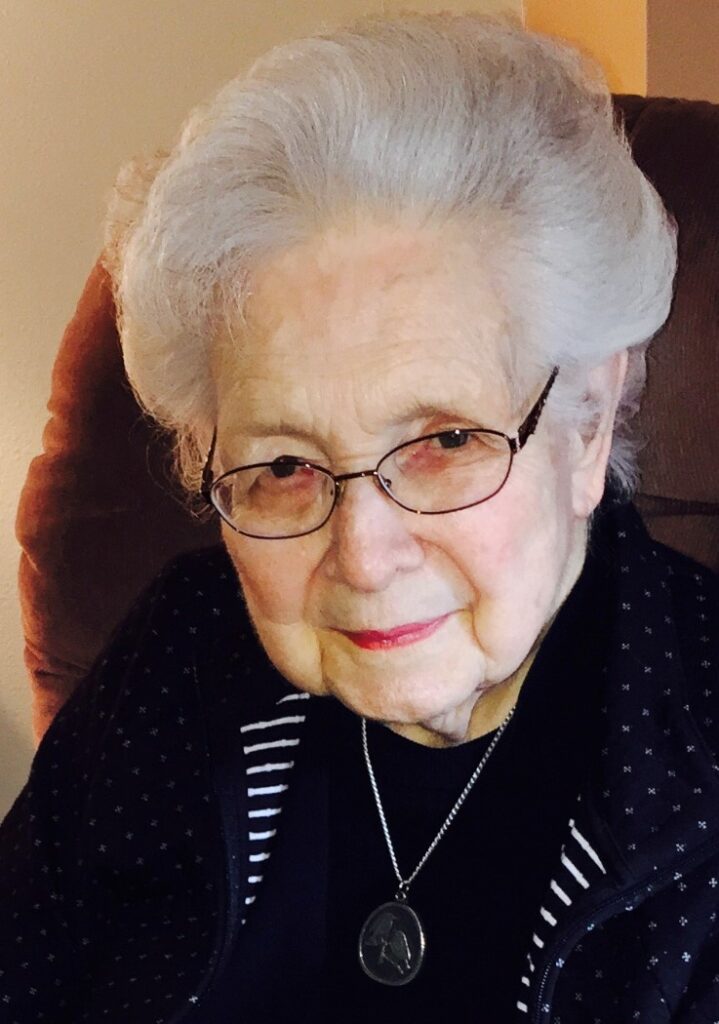
Erik affirms the value of human connection over technology through his work with TalkVol, highlighting its mission beyond business to enrich lives. He recounts the impactful story of a young cancer patient uplifted by their service, exemplifying their human-first approach. “But it’s the stories, the moments we created, that truly embody humanity in its purest form,” Erik emphasizes, showcasing that real human connections transcend technological advancements. His experience underscores the growing importance of empathy and personal connections in our digital age.
Erik stands at the intersection of decarbonization, experiences, technology, and beyond, experiencing numerous “Gutenberg moments” that simultaneously shape our time. This convergence of innovation mirrors the transformative impact of the printing press, weaving together unforeseen opportunities, challenges, and serendipitous discoveries that define our era.
Looking ahead, I understand the difficulty of predicting the future amidst rapid change, but I believe identifying the forces shaping our tomorrow is possible. Erik emphasizes the importance of connectivity and collective action, noting our world’s increasing abundance and the critical need to address distribution challenges to correct societal imbalances. He succinctly remarks, “We’re generating opportunities but lack in equitable distribution, essential for preventing unrest and securing sustainable futures worldwide,” underscoring the necessity for a connected, community-focused approach to achieving global harmony and prosperity.
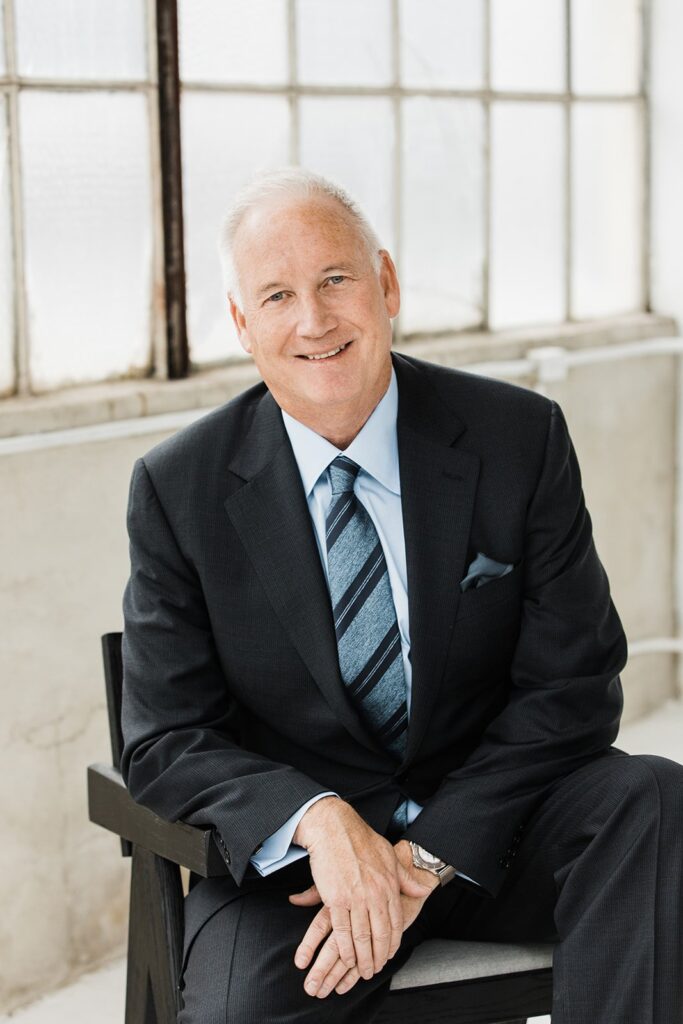
I believe trust will be foundational to our future, especially as current global institutions fail to address modern challenges, revealing a profound trust gap in both organizations and politics. Erik Anderson echoes this sentiment, stressing that, “We move at the speed of trust,” highlighting that successful organizations place a premium on trust above incentives. This notion complements my view that trust, ethics, and values are essential for navigating the future amidst AI and tech advancements.
Erik’s experience building global entertainment companies like Topgolf showcases trust’s role in ensuring reliability and fostering connections, underscoring its importance in crafting meaningful experiences. Trust, in my opinion, is a currency vital to an organization’s reputation and brand. Erik illustrates this by offering free services to families in need, showcasing his brand’s ethical reliability. Every aspect of our interaction, from personal technology use to business conduct, hinges on trust, marking it as the indispensable currency of our future.
In boardrooms, I’ve noted a resistance to change similar to the human immune system’s reaction to threats, with companies often treating new shifts as dangers to their stability and finances. To counter this, I’ve implemented strategies to promote innovation and adaptability. I query Erik about his approach to overcoming this reluctance and nurturing adaptability, especially with startups.
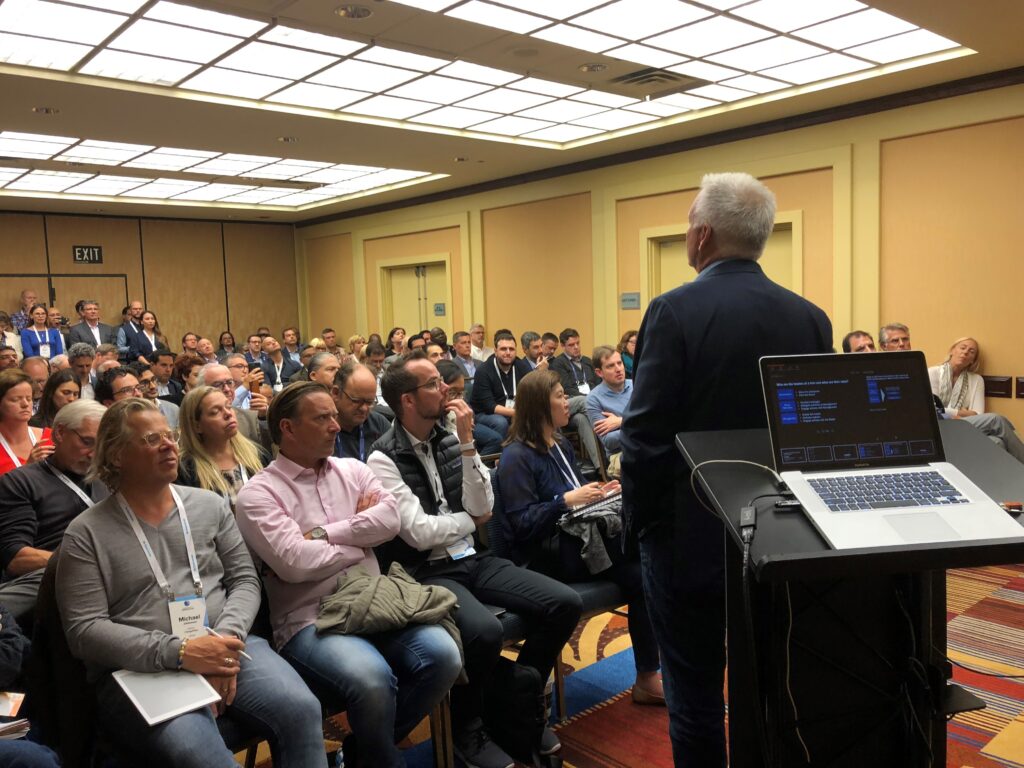
Erik shares his strategy at WestRiver of distinguishing between “execution” tasks and “options” for potential projects, transforming perceived threats into growth opportunities in a dynamic environment. This approach – referred to as his “Model Thinking” – prevents innovation from being stifled by financial worries or immediate objectives. “You have to embrace the possible,” he emphasizes, promoting the idea that change is not a threat but an opportunity, prioritizing innovation over strict budget fidelity.
Addressing the rapid technological evolutions, such as the emergence of ChatGPT, I highlight the need for boards to rethink traditional financial and organizational structures in response to these swift changes.
Erik articulates a dual-focused strategy at WestRiver Group, balancing immediate actions with exploring future opportunities. This stance acknowledges disruption as an integral component of strategic planning and positions it as a force to be leveraged for innovation and growth, akin to the inevitability of gravity. Through this philosophy, “You have to embrace the possible,” Erik champions a forward thinking approach that aligns with embracing change as a catalyst for development.
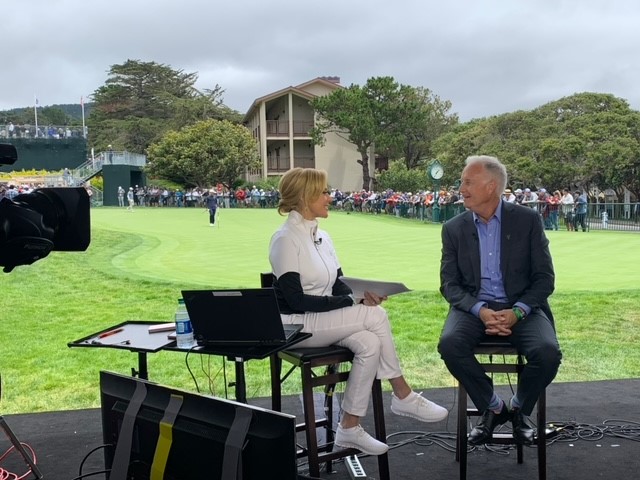
I argue that adaptability and agility are indispensable in today’s fast-changing world, sometimes necessitating a complete organizational transformation. Erik agrees that seeing volatility as an opportunity rather than a risk is crucial for equipping leaders to handle complexity. He supports Singularity University’s goal to train leaders to navigate volatility, agility, trust, and exponential growth, essential for leadership in the unknown. He believes these skills will help the generation prepare for longer life spans by providing fundamental principles and tools.
To bridge the generational divide in boardrooms, I’ve implemented the 60-40-20 rule and established shadow youth boards, bringing the digital generation’s perspectives to executive decisionmaking. This approach shifts traditional boardroom dynamics and fosters a new leadership model that merges youthful innovation, experienced executives’ empathy, and AI’s efficiency. Erik praises this approach as a forward-thinking strategy to enhance leadership and adaptability amidst future uncertainties.
For my final query, I’m intrigued about envisioning Erik’s future on his 100th birthday: the sights he’ll see and his aspirations. Erik envisages a future where his team’s efforts in areas like singularity have thrived, aiming to positively impact a vast audience with their visionary work. He’s particularly excited about his involvement with Colossal Bioscience, likened to “a modern NASA,” with its noble mission to revive extinct species and amend past environmental harms.
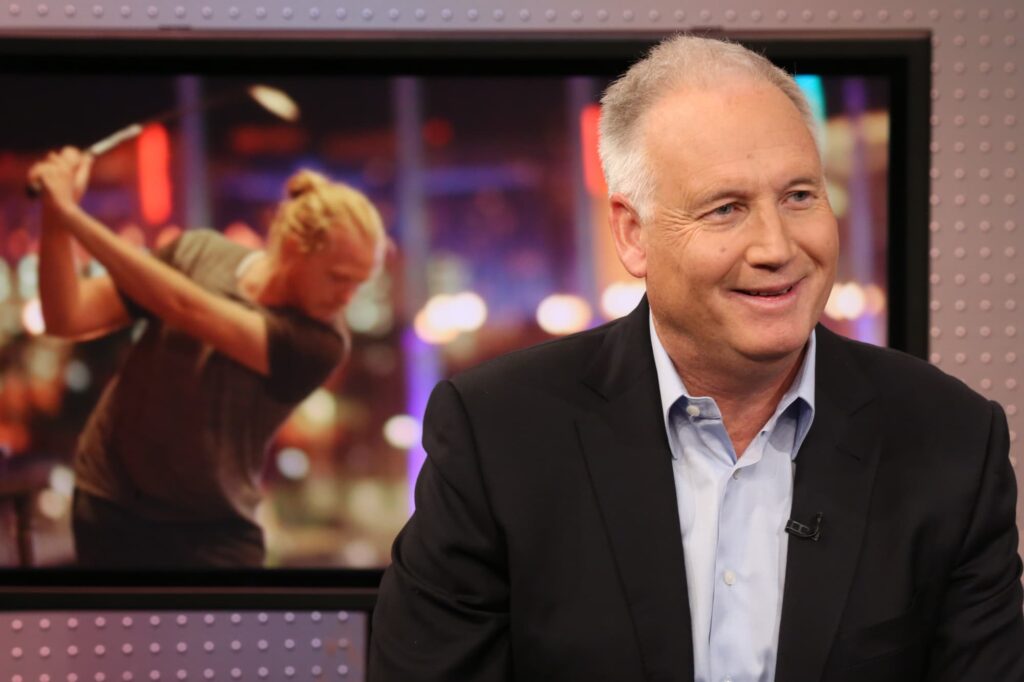
Erik dreams of a future where technology is harnessed not just for personal gain but for the broader good, aiding in Earth’s preservation. He looks forward to a time when people have the leisure to pursue their interests fully, enriching both community and global wellness, and hopes we have created a place where we can look back and say, “We have used our time well.”
Reflecting on our conversation, Erik’s aspirations affirm his commitment to impactful leadership and a brighter future. His hopes and endeavors present a vision for groundbreaking advancements and a call to action to shape a future that reflects our core human values and collective ambitions.
